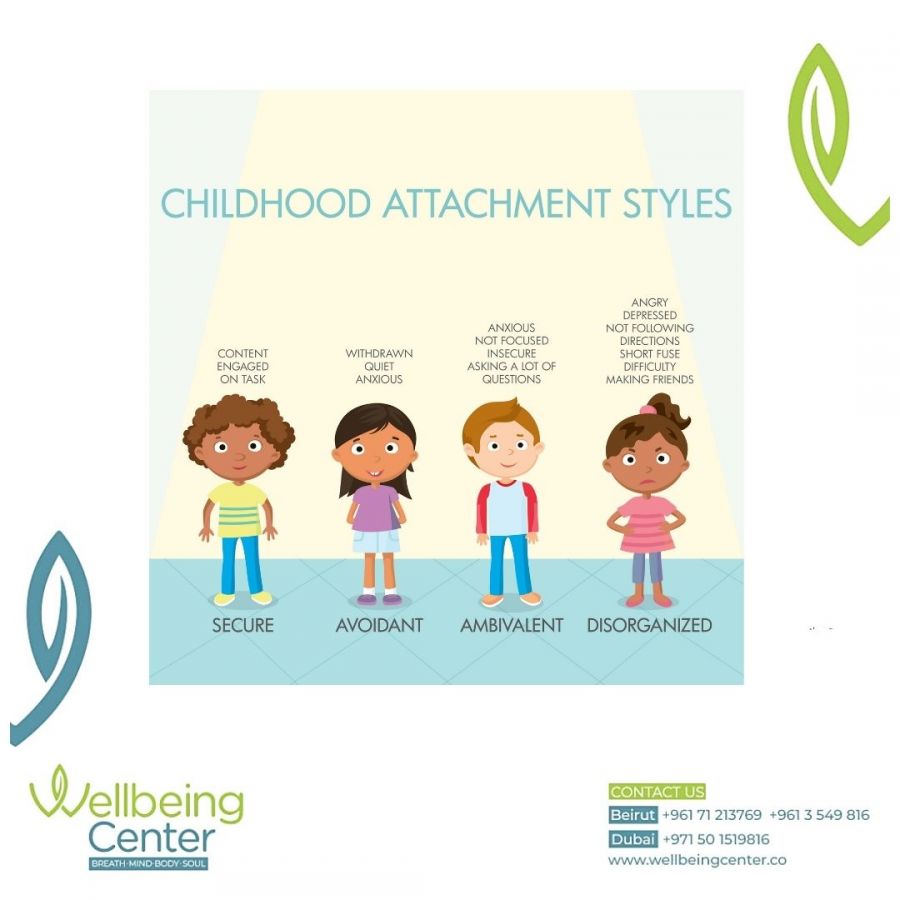Attachment Styles impacts

1. It Has Its Roots in your Core
Although you can alter your attachment style, the one you display today stems from incidents in childhood. You may have been so young that you don’t remember specific events that influenced you.
As such, you might assume it’s something you can’t change, and that false belief might drive you into depression. You might think, “I can never learn to trust again — what’s the point of relationships?” Start reaching out to the uplifting influencers in your life anyway.
2. It Affects your Closest Relationships
Your relationships with your spouse, kids and other close friends and family significantly influence your mental health. Numerous people seek therapy after a divorce, for example, but addressing your attachment style might prevent the split.
3. It Influences your Parenting Style
Psychologists recognize three basic parenting styles, and your attachment may influence your pattern:
- Permissive parents: spoiling the child and letting them do nearly anything they want. Those with a dismissive or disorganized attachment style might become this type of parent.
- Authoritative parents: These moms and dads run a tight ship and supervise nearly every aspect of their child’s lives. They may emphasize obedience over emotion, and those with either preoccupied or disorganized attachment styles may fit this profile.
- Authoritative parents: These people follow the ideal parenting pattern of blending caring with discipline. Those with secure attachment files often fit this profile.
4. It Strains your Cardiovascular Systems
Excess stress created by disorganized or preoccupied attachment styles doesn’t only spur habits like overeating or alcohol abuse. It can rewire the circuits in your brain to keep your blood pressure high, placing considerable strain on your heart.
5. It Influences your Weight
Dismissive, disorganized and preoccupied attachment styles can lead to family contact. Tension amps up your production of cortisol. While this stress hormone suppresses appetite in the short term, when the drama never relents, your body craves more food to prepare for ongoing battle. Worse, you tend to choose empty calories.
6. It Can Lead to Feelings of Loneliness
Any attachment style can fall prey to loneliness, but those who are disorganized may suffer most. People with this profile might desperately want to build a secure connection with others but lack social skills. Isolation can exacerbate multiple health problems, but therapy can help you learn ways to bond.
7. It May Worsen Chronic Pain
Your hormones signal your body to increase or decrease inflammation. For those with conditions like Crohn’s or rheumatoid arthritis, imbalances can lead to painful flares. Improving your emotional state by bettering your attachment style could lead to less frequent downtime.
8. It Can Exacerbate Anxiety and Depression
Finally, preoccupied, dismissive or disorganized attachment styles can directly or indirectly lead to anxiety and depression. For example, someone with a dismissive profile might lose their job for making too many mistakes and thinking, “no one cares anyway, so what’s the big deal.” When financial hardship occurs, they could sink into despair without a support system.
Someone with a preoccupied attachment style could fly into a panic if their kids aren’t home the second they see streetlights glow. Over time, these ingrained overreactions can balloon into an anxiety disorder.
Those with disorganized patterns often have past trauma. When they can’t form positive relationships in the present, they lack the social support they need to process their emotions and move forward.
